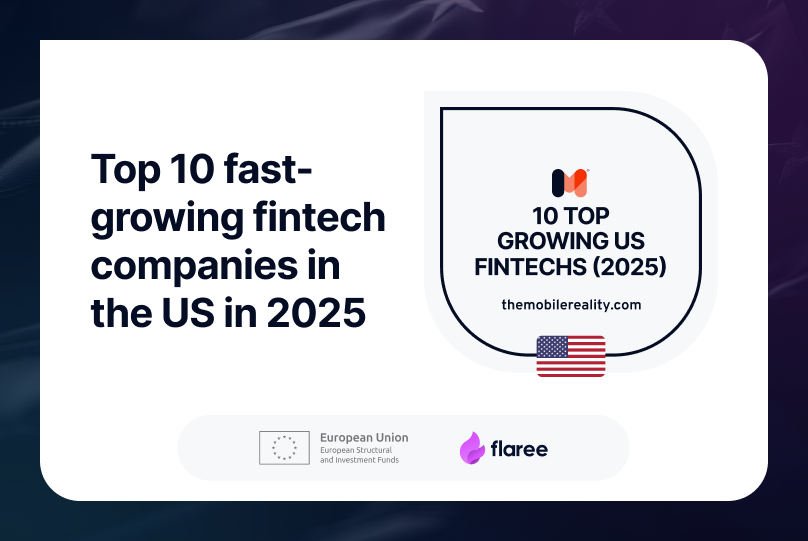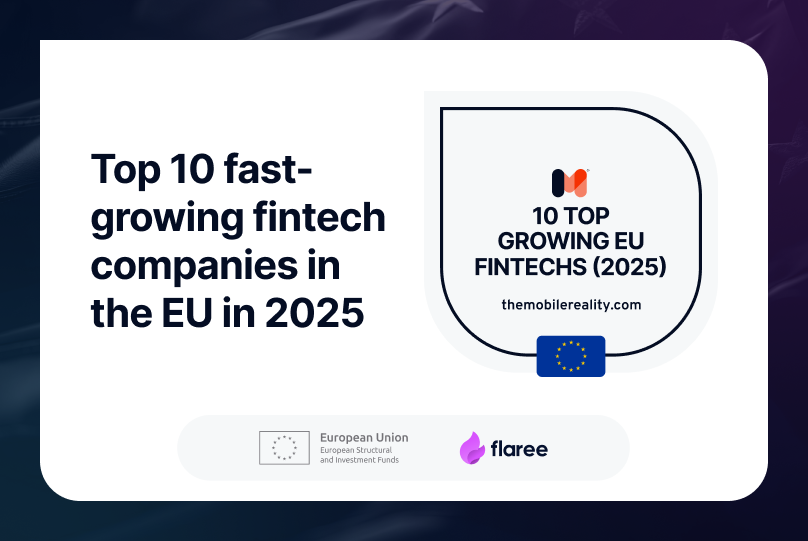The CREtech London conference brought innovators, thought leaders, and industry professionals together to explore the latest trends and challenges in real estate and proptech. Here’s a comprehensive report of the key panels, discussions, and insights that shaped the two-day event.
Day 1 Highlights
1. Keynote Speech by Emily Wright, Head of Content, CREtech Emily Wright set the tone with her inspiring keynote speech, emphasizing three crucial concepts for future innovation:
No Innovation in Isolation: Innovation thrives through collaboration and cross-pollination of ideas.
People-Centric Solutions: All innovations should focus on improving lives and solving real-world needs.
Embrace Failure and Mistakes: Failure is a learning opportunity, and discussing it openly can foster a culture of continuous improvement.
Emily Wright’s keynote also underscored the importance of fostering a culture of accepting and encouraging transparency about challenges and failures. Organizations can more effectively drive innovation by promoting an open dialogue about what doesn’t work. She highlighted that the willingness to adapt and learn from mistakes is as crucial as pursuing new ideas in the fast-evolving landscape of real estate technology. This approach will accelerate technological adoption and ensure that it is more aligned with the real needs and challenges of the industry. Emily's call to action was clear: embrace complexity and uncertainty as catalysts for learning and innovation.
2. Panel Discussion Hosted by Emily Wright with Raj Singh (JLL Spark/Venture) and Christian Ulbrich (JLL)
This panel provided thought-provoking perspectives on the intersection of technology and long-term trends in real estate:
"Real estate is about long-term changes. Tech cannot be changed day by day." (Raj Singh) Tech integration in property development requires patience and strategic long-term thinking.
"JLL is a sponge between enterprise and start-ups." (Raj Singh) Collaboration between established companies and startups leads to win-win results.
"Revolution vs. Disruption": (Christian Ulbrich) Revolution changes the status quo, while disruption risks excluding people from the system.
The discussion between Raj Singh and Christian Ulbrich highlighted the inherent complexities of integrating technology in real estate. While Singh emphasized the role of JLL as a mediator facilitating the fusion of traditional real estate practices with innovative startup technologies, Ulbrich provided a broader perspective on how these innovations can redefine market dynamics. Their dialogue also addressed the significant time horizon necessary to see tangible results from these tech integrations, reinforcing that real estate is a long-game industry. This panel highlighted the potential for technological transformation in real estate and underscored the critical need for patience and strategic foresight in navigating this evolution. The interaction emphasized that while immediate gains are often limited, the compounding effects of these innovations over time can be transformative.
3. Evolving Cybersecurity Threats Panel (L.D. Salomon & Jake Moore): This panel highlighted the growing cybersecurity challenges in real estate:
Phishing Attacks: These targeted attacks are a significant issue as cybercriminals become increasingly sophisticated.
Face Swapping Technology: Post-production face swapping presents a significant threat in digital identity manipulation.
AI for Vulnerability Identification: Artificial intelligence plays an increasingly vital role in spotting system vulnerabilities.
The Evolving Cybersecurity Threats panel with L.D. Salomon and Jake Moore was a crucial reminder of the evolving nature of digital threats in the real estate sector. As technologies like AI and digital transactions become integral to the industry, the risk landscape shifts, necessitating advanced defenses. Their discussion not only highlighted current threats like phishing and deepfakes but also pointed to the ongoing arms race between cybersecurity measures and cybercriminal tactics. The panelists emphasized the need for real estate professionals to invest continuously in robust cybersecurity protocols and stay ahead of trends to protect their assets and client information. This commitment to cybersecurity is not just about defense but is a strategic component of building trust and credibility in the digital age.
4. "How Gamechangers are Futureproofing to Build the World" Panel: This session emphasized key strategies for innovation and leadership:
High Aspirations and Collaboration: Work with like-minded people who support your journey.
Talk and Listen: Communication is crucial to recognizing game-changing opportunities.
Embrace Discomfort: Growth often requires stepping outside your comfort zone.
Vision and Leadership: Have a clear vision and bring people on the journey.
The "How Gamechangers are Futureproofing to Build the World" panel provided profound insights into the mindset and strategies required to drive significant industry changes. The speakers’ focus on embracing discomfort and fostering open communication reflects a deep understanding of the dynamics of innovation in challenging environments. The emphasis on high aspirations and visionary leadership serves as a clarion call for the industry: to achieve transformative change, leaders must set ambitious goals and inspire and mobilize others to join their cause. This panel effectively illustrated that the real game-changers in real estate are those who dare to think differently, act decisively, and engage others in their vision, creating momentum that transcends traditional boundaries and limitations.
Do you need custom software tailored to your real estate company?

Day 2 Highlights
1. "Decarbonisation Without Carbon Tunnel Vision" Panel: Speakers Lauren Moss (Vornado Realty Trust), Alexia Laird (Landsec), Ed Green (Grosvenor Property UK), Theo Michell (Bywater Properties), and Mike Darby (Demand Logic) highlighted the importance of a balanced approach:
Avoid Carbon Tunnel Vision: A singular focus on carbon can overshadow other crucial environmental and social factors.
Collaboration is Key: Integrate sustainability across the entire value chain.
Short- vs. Long-Term Goals: Strategies should align with long-term sustainability goals to avoid unintended consequences.
The "Decarbonisation Without Carbon Tunnel Vision" panel emphasized the need for a comprehensive view of sustainability. The conversation was a timely reminder that while carbon reduction is crucial, it should not overshadow other sustainability metrics. The nuanced discussion underscored the importance of integrated approaches that address a broad spectrum of environmental and social impacts. This balanced perspective is crucial for ensuring that our decarbonization strides genuinely contribute to a more sustainable and equitable world. The panelists illustrated how forward-thinking companies leverage this broader approach to meet regulatory requirements, innovate their practices, and enhance their competitive advantage in the marketplace.
2. "Beyond Risk: Unlocking Value in Commercial Real Estate Through Climate Adaptation" Panel by Climate X: The Climate X team, including Stephanie Handjiiska and Sasu Olli, presented a comprehensive framework for climate adaptation:
Assess: Identify impacts, vulnerabilities, and risks.
Plan: Develop adaptation strategies to increase resilience.
Implement: Put measures into practice to protect investments.
Monitor & Evaluate: Continuously refine strategies for effectiveness.
The "Beyond Risk" panel by Climate X effectively highlighted how climate adaptation strategies can unlock significant value in commercial real estate. By moving beyond the traditional view of risk management to embrace proactive adaptation measures, real estate professionals can safeguard assets against future climate impacts while opening up new opportunities for growth and innovation. This session illustrated the potential for adaptation measures to transform the landscape of real estate investment and management, making properties more resilient and attractive to environmentally conscious investors and tenants. The panelists' discussion was a compelling call to action for the industry to consider climate adaptation as a critical element of their strategic planning, with the potential to drive long-term sustainability and profitability.
Conclusion
The CREtech London conference was an insightful experience, emphasizing the critical need for collaborative, comprehensive approaches to tackle emerging challenges in real estate. From cybersecurity to sustainability, innovation is driving the industry forward. As we embrace new technologies and strategies, it’s crucial to maintain a clear, long-term vision and foster collaboration across sectors for truly impactful change.
Proptech and Real Estate Software Development Insights
Are you interested in the dynamic intersection of property technology and real estate software development? At Mobile Reality, our expertise in proptech is deep and broad, covering a range of innovative solutions and industry trends. We tackle unique challenges and employ cutting-edge strategies to advance real estate technology. Our selection of in-depth articles provides a comprehensive overview of the latest developments in proptech and real estate software:
- Proptech: a useful tool or a newfangled trend
- Software for real estate that you should consider in 2025
- Next Generation Property Management Solutions
- Commercial real estate problems in 2024
- Top Proptech Conferences That You Cannot Miss in 2025
- Top Proptech Trends Shaping the Future
- How AI is Reshaping Real Estate Markets
- Build a Top-Notch Real Estate App with Ease
- Real Estate Software Integration: guide for proptech teams
- AI Property Management: Instant, Cited Answers for Tenants
Dive into these informative resources to enhance your understanding of the proptech sector. Please contact our sales team if you're considering collaborating in proptech or real estate software development. And for those interested in joining our pioneering team, visit our careers page and submit your CV. Join us in shaping the future of proptech and real estate software development!




